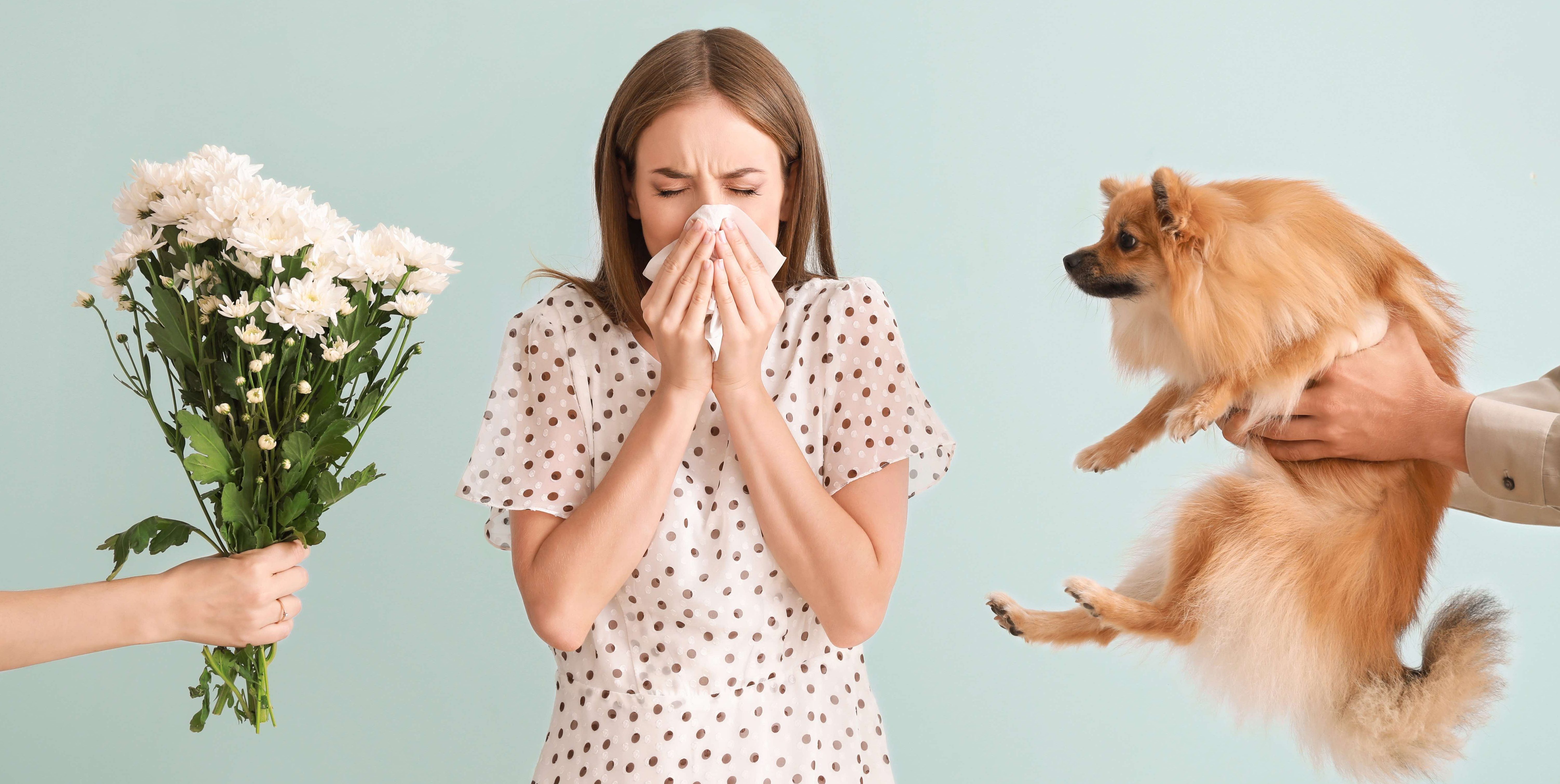
26 Nov Springtime Fatigue is a Real Thing!
Spring time, such a glorious time of the year. We all wait eagerly for the end of gloomy winter so we can come out of hibernation and immures ourselves back in nature. What’s not to love? Warmer air, longer days, more sun, blossoming flowers and plant releasing POLLEN!!!
There is no romance about springtime for hay fever and allergy sufferers. If you suffer from hay fever you’re probably focused on how you are going to breathe and sleep for the next few months.
Springtime fatigue is a real thing – Almost half of seasonal allergy sufferers report problems getting uninterrupted sleep. Across the board, they are more vulnerable to insomnia and the resulting daytime fatigue and chronic sleep deprivation. Their nasal congestion also puts them at risk for sleep apnea and snoring.
Here are some recommendations to help with your springtime fatigue:
Keep your bedroom windows closed
You may enjoy a cool breeze, but you’re inviting allergens to enter along with it, so keep your bedroom windows closed. Use an air purifier with a high-efficiency particulate air (HEPA) filter in your bedroom. Regularly check door and window seals to make sure there are no ways for allergens to sneak in. Don’t forget to clean your A/C vents and change out those filters as well.
Say goodnight to your four legged friends.
People can be allergic to pet dander, saliva, urine, and fur. Even if you’re not allergic to pets in particular, if you suffer from any kind of seasonal allergy, you’ll want to remove pets from your bedroom. Pets can track in allergens from the outside world, so wipe down their paws after walks and bathroom breaks, and bathe and brush them once a week.
Keep your bedroom clean
Along with banishing your pets from the bedroom, vacuuming your bedroom nightly will help get rid of pollen that’s come in through the windows during the day. Wash your sheets every week on the hot cycle, and dry them using the hot setting on your dryer, too. The cold and even the warm water settings do not kill dust mites!
Take a shower
Across the day pollen and other allergens can accumulate on your skin and hair. Before jumping into bed take a shower to help wash away the pollen to help you have a better night’s sleep.
Replace your mattress and pillow
Not every season of course, but remember your mattress needs replacing every 8-10 years and your pillow every year or two. Sleeping on an old mattress can make your allergies worse. Dust mites feed off our dead skin, which you’re prone to shed while you sleep, this is why so many of them make your mattress their new home. (Fact: Your dead skin, along with all those dust mites, can double the weight of your mattress within 8 years!)
When replacing your mattress look for one made of organic materials that are naturally hypoallergenic, such as latex and organic wool and cotton. Also make sure you cover your mattress with a hypoallergenic protective cover and sheets for extra protection.
Invest in a salt lamp
Not only are they aesthetically pleasing in the right décor, salt lamps clean the air around them, bringing great benefits to sufferers of hay fever. They purify the air of dust, pollen, smoke particles, animal dander and other allergens. By placing a lamp or two in the rooms used most (we recommend the bedroom and living room), sufferers may find an improvement in their hay fever symptoms at home in just a couple of weeks.
Start regular salt therapy
Salt therapy helps relieve congestion, inflammation and allergies of the airways. As salt is a natural antihistamine, inhaling it can help alleviate your allergies and reduce irritation. The salt also thins your mucus and makes it less sticky, so it’s easier to dislodge and expel – along with pathogens, debris and pollutants.
It is a natural, gentle and relaxing way to help keep runny noses and itchy eyes at bay!

